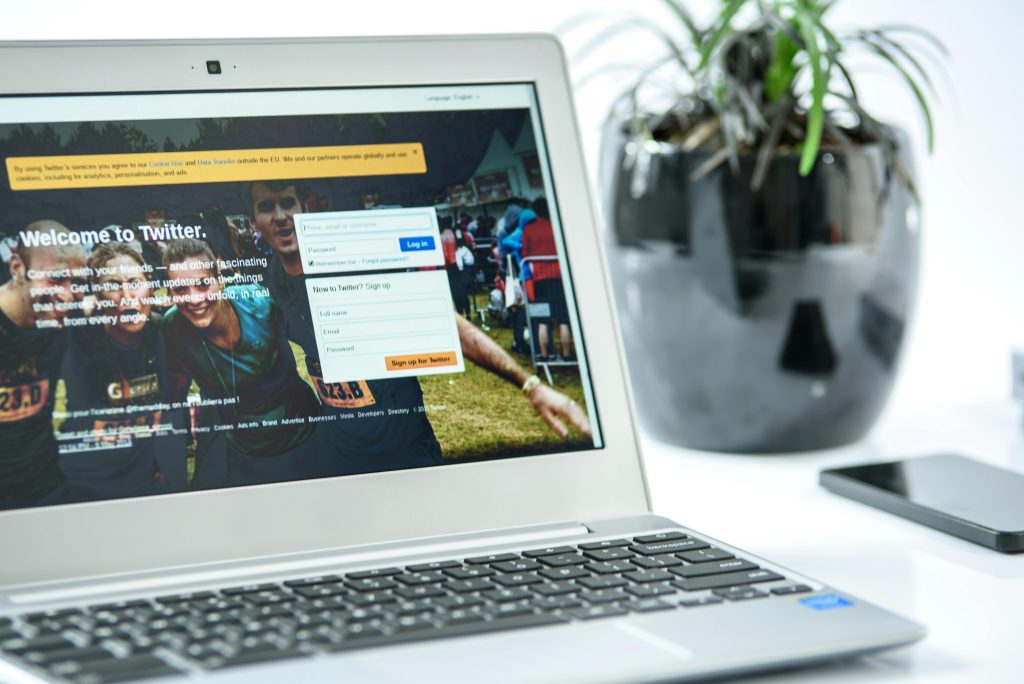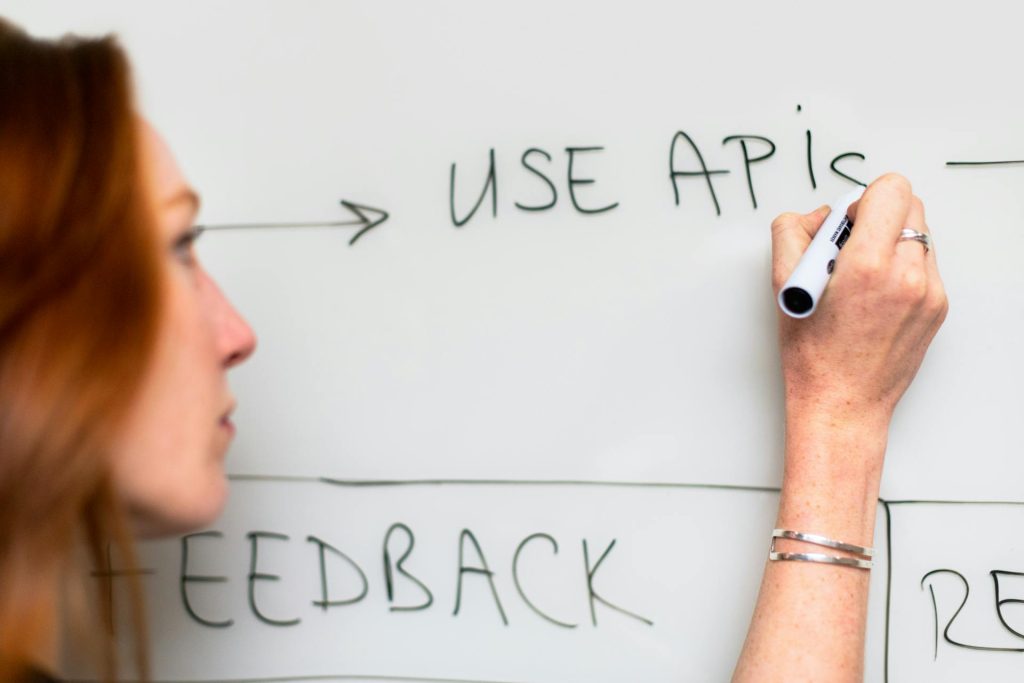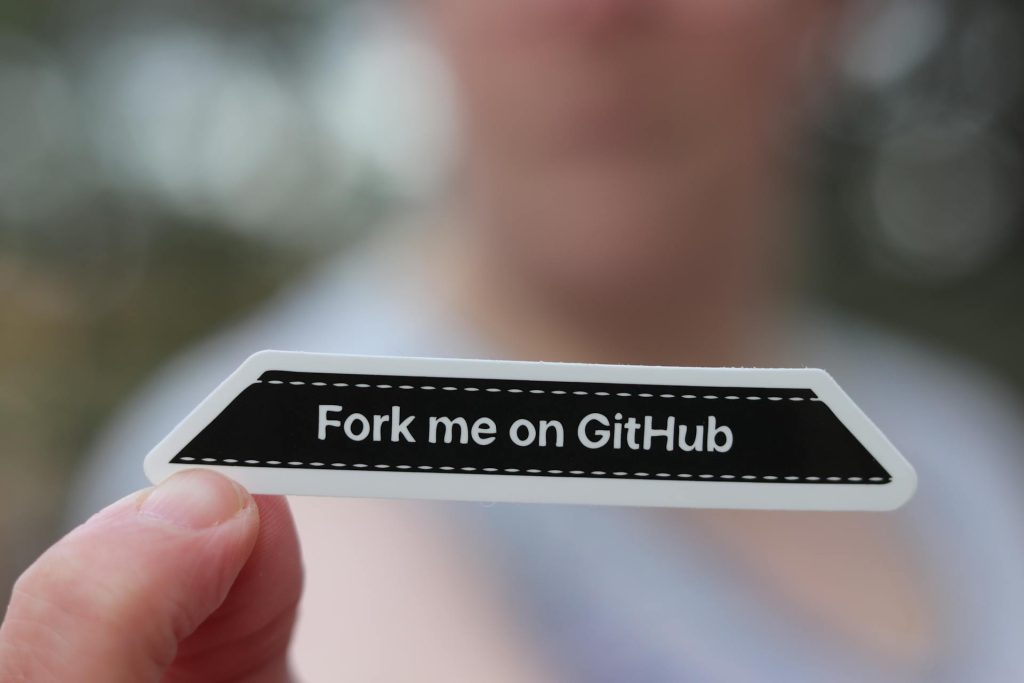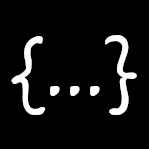When you’re diving into programming, the big question always looms: How much do I need to learn before I’m ready to start applying for software developer jobs? It’s a natural concern—especially for beginners who want to make sure they aren’t wasting time on unnecessary skills but also don’t want to feel unprepared.
The good news is: you don’t need to be perfect to land your first job. The key is mastering essential skills and having a clear strategy for learning, practicing, and applying. So, let’s break down exactly what you should focus on and when you’ll know it’s time to begin your job search.
1. Master the Fundamentals—And Master Them Well
No matter the specific role you’re aiming for, your foundation needs to be solid. The basics of HTML, CSS, and JavaScript are non-negotiable if you’re leaning towards web development, especially frontend roles. These are the building blocks of the web. Without a strong command of them, creating modern, responsive, and interactive websites is impossible.

But don’t stop at just knowing syntax—really learn how these technologies work together. Get comfortable with:
- HTML5: Learn not just structure but how to make websites accessible and SEO-friendly.
- CSS3: Focus on Flexbox, Grid, animations, and responsive design principles.
- JavaScript (ES6 and beyond): Learn concepts like arrow functions, promises, async/await, modules, and DOM manipulation.
Once you’ve got these down, understanding a popular JavaScript library or framework, like ReactJS, is critical to boost your employability. Frontend development has become highly reliant on modern libraries, and ReactJS is among the most in-demand. Learn its component-based architecture, state management, hooks, and integration with APIs.
Pro Tip: While practicing, ensure you can build a fully functional, dynamic web application with these technologies. Try projects like a weather app using public APIs or a simple to-do list with interactive features.
2. Learn by Doing: The Project-Based Approach
While completing courses is helpful, nothing builds confidence like creating real projects. Theory won’t give you the practical experience employers are looking for.

To build your skills, start with simple projects and work your way up. Focus on apps that solve real-world problems or add value, which you can showcase to potential employers. Here are a few ideas to get you started:
- Weather App: Use a weather API to pull real-time data and display current conditions in different cities.
- Portfolio Website: Build a personal site from scratch. This will double as a project showcase.
- To-Do List App: Add features like task prioritization, due dates, and notifications.
- E-commerce Product Page: Use mock data to create a dynamic, responsive product catalog with search and filtering.
By working on projects, you’re not only solidifying your understanding of core concepts but also learning how to solve problems on the fly. This ability to troubleshoot is vital for job interviews and real-world work.
Extra Tip: Work on open-source projects. Contributing to GitHub repositories will give you practical experience and show future employers that you can work in a collaborative environment.
3. Build a Standout Portfolio
You don’t need a ton of professional experience to impress employers, but you do need a portfolio that shows off your coding skills. Your portfolio should feature a mix of personal projects and any freelance or open-source work you’ve done.

Here’s what to include:
- A polished, personal website: Make it your digital business card. It should introduce you, showcase your projects, and link to your GitHub profile.
- At least 2-3 projects: These should demonstrate both the depth and breadth of your skills, from frontend to backend (if relevant).
- Live Demos: Provide a link to live, working versions of your projects. This gives potential employers the ability to click around and see your work in action.
Remember: your portfolio doesn’t have to be perfect—it needs to demonstrate growth, creativity, and problem-solving.
4. GitHub is Your Best Friend
Employers love to see not just what you’ve built but how you’ve built it. Keeping your projects on GitHub will allow them to check your code, see your commit history, and understand your approach.

Make sure your repositories are:
- Organized and well-documented: Each project should include a clear README that explains what the app does, how to set it up, and how to use it.
- Frequent commits: A history of commits shows that you’re continuously improving and not just dumping code at the end of a project.
- Collaborative: Contribute to others’ repositories. Show that you’re a team player, ready to work in collaborative environments.
5. Don’t Wait for Perfection—Start Now!

One of the biggest mistakes aspiring developers make is waiting until they feel “ready.” The truth is, you’ll never feel completely ready. The software development field moves fast, and you’ll be learning new things on the job every day. Employers don’t expect you to know everything—they’re looking for candidates who have a solid foundation, demonstrate a willingness to learn, and can show real-world problem-solving skills.
6. Prepare for Coding Interviews
Once you’re confident in your technical skills, it’s time to prepare for coding challenges and technical interviews. Sites like LeetCode and HackerRank offer beginner to advanced coding problems that are very similar to what you’ll encounter in interviews.

For beginners, focus on:
- Easy-level problems: Start with problems that cover array manipulation, string handling, and basic data structures like stacks and queues.
- Time management: Interviews will have time limits, so practice solving problems quickly and efficiently.
7. Master Behavioral Interviews with STAR
Coding challenges aren’t the only thing you’ll face. Employers will often test your problem-solving approach, collaboration, and adaptability through behavioral interviews. The STAR method—Situation, Task, Action, Result—is a powerful technique to answer these questions effectively.

Prepare 2-3 stories that highlight how you’ve worked through challenges or learned from mistakes in your projects. Frame your responses around:
- A problem or task you encountered.
- The actions you took to solve it.
- The successful result (or lesson) you achieved.
8. Apply, Apply, Apply—and Never Stop Learning!
While applying for jobs, keep practicing. Continue honing your coding skills, contributing to open-source projects, and applying to jobs daily. Aim to apply to at least 10-20 positions a day, refining your resume and portfolio along the way. If you’re serious about landing a job, consistency is key.

9. Develop Soft Skills
Apart from technical skills, employers highly value soft skills. These include communication, teamwork, problem-solving, and adaptability. It’s not enough to just be a good coder—you need to demonstrate you can work well with others and contribute to a team’s success.

Consider taking some time to:
- Join developer communities: Engage with online or local groups. This shows employers you’re involved in the developer ecosystem.
- Practice collaboration: In addition to coding solo, try pair programming or contributing to group projects.
- Sharpen communication skills: Learn to explain technical concepts in a way that non-technical people can understand. This is vital in working with stakeholders or clients.
Final Thoughts
Landing your first software developer job doesn’t require mastering everything under the sun. Focus on building a strong foundation, creating real projects, refining your portfolio, and practicing coding challenges. Along the way, develop your soft skills and, most importantly, be persistent. The job market is competitive, but with enough dedication and preparation, you’ll set yourself up for success.
Every failure is a stepping stone to improvement. So, start applying, keep coding, and never stop learning!



Leave a Reply